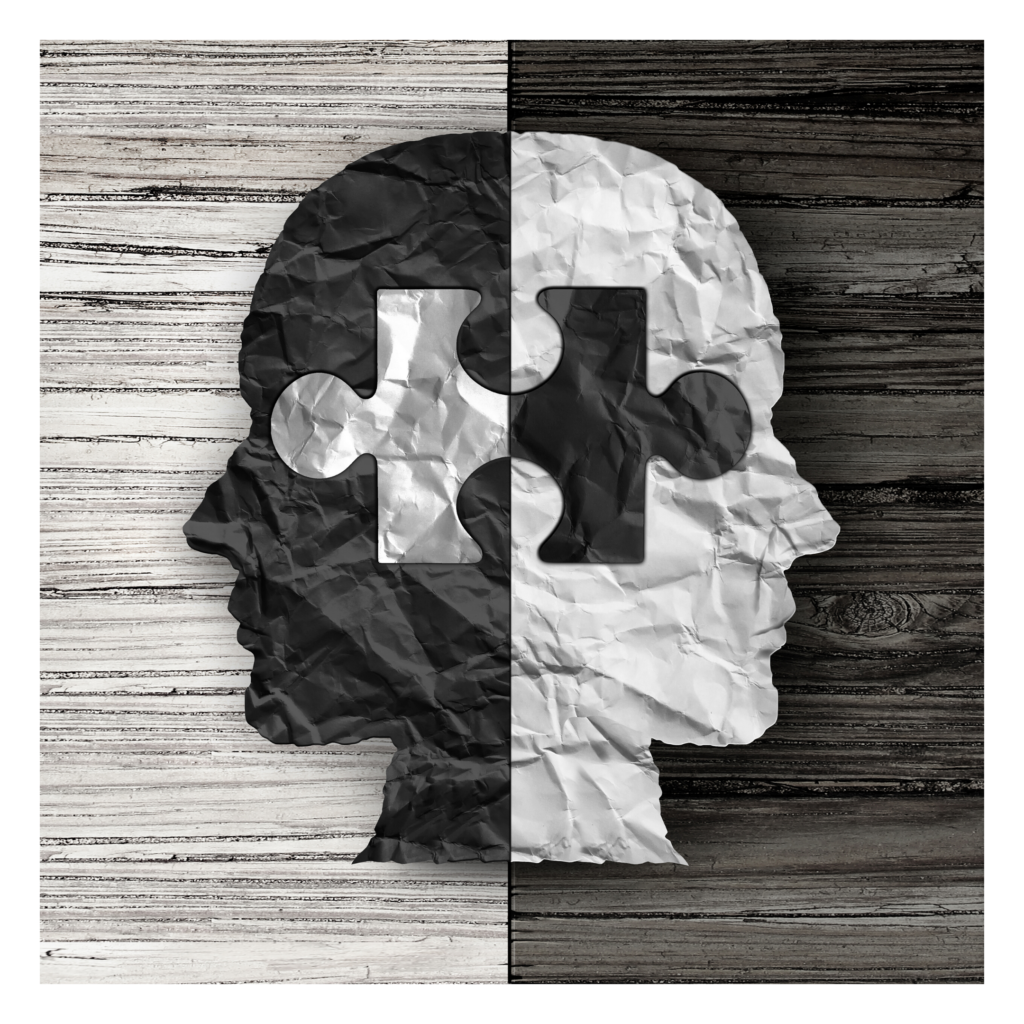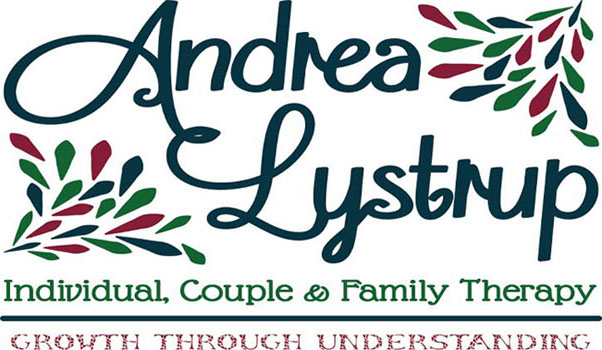3 Compassion Tips for White People

Disclaimer: If you are traumatized by the racial injustice towards Black people, this post may be triggering for you. I cannot even begin to understand the depth of your fatigue, anger, and pain. This post offers a lot of validation towards perspectives of the Blue Lives Matter movement. This is done intentionally because feeling validated often softens people enough to consider another perspective, and I hope that this post will soften them enough to give greater consideration to your pain.
Here we are, facing another round of Black Lives Matter vs. Blue Lives Matter. Tensions are high and each side is clamoring for a sense of safety and validation. I am a privileged white woman with friends and family in the police force. I can easily empathize with the fear that comes from knowing the people you care about are willingly putting themselves in harms way to protect us.
For years when these tensions surfaced, my immediate reaction was to defend and protect the Blue Lives protecting me. Over time, my exposure to the news, and the stories from victims and friends of color forced me to confront my biases. This has not diminished my concern for Blue Lives at all, but I’ve realized they don’t need my protection. When Blue Lives are in the wrong, they receive the protection of the National Guard. When Black Lives are in the “wrong” (often doing things that my white friends have gotten a slap on the wrist for) their very lives may be in danger.
As a marriage counselor, being in the middle of passionately opposing viewpoints is familiar territory for me. As I scroll through the polarized opinions on my Facebook Feed, I feel like I’m watching one of the more aggressive family fights I’ve witnessed in session. Instead of yelling at my computer screen, I decided to see what I could add to the conversation by discussing the therapeutic principles I wish we could apply to these situations.
- Learn to embrace opposition.

An entire philosophy of therapy (Dialectical Behavioral Therapy) has been created around the premise of creating space for opposition in your brain. You can be outraged by police brutality AND also feel admiration and respect for your police officer friends and the difficulty of the profession. This allows you the opportunity to feel compassion for all sides. Today I was up in arms about racial injustice and completely dismissive of any other perspective. Then I came across my friend’s post saying: “Trust me, no one hates the bad cops more than the good cops do.” I remembered that her husband was a police officer and she was probably quite scared about her husband’s safety at work. Her fears are equally valid to the fears of Black parents worried about their Black sons. It is possible to show compassion to everyone in fear/pain right now. Compassion has never been an either/or virtue.
2. Be willing to make the first move.

One of the first tensions in family counseling is who is going to make the first move? Many people dig their heals in and don’t want to make any consolations until they see that the other person make efforts too. In racial tensions, this often looks like White people saying, “It would be so much easier to be sympathetic to their perspective if they weren’t looting their city or committing a crime in the first place.”
I could spend hours explaining why this statement is a vast oversimplification of recent events, and completely dismissive of the every day experiences of the Black people around you dealing with covert racism, but I’ll leave that for another discussion. Until then, I recommend reading the book The New Jim Crowand evaluating whether you still have the same perspective.
The real problem with that statement is you are requiring a marginalized, oppressed, traumatized group to make the first move towards reconciliation. In family counseling, you can imagine how effective it is when a wife tries stop her husband’s abuse by making the first move and trying to be “the perfect wife.” It never works. Perfect behavior will never be the catalyst for someone to give up their power.
I can already hear you thinking: “How does this apply to me? I have never mistreated a black person. Why are you comparing me to an abuser?” I know what you’re saying, and I’ve said this before myself. The fact is, you cannot show compassion for Black people until you come to accept the damage that generations of institutionalized racism, slavery, lynchings, and oppression has done. I know white people absolutely hate to hear this, but the fact is you are a part of the dominant group that has inflicted massive pain on Black people. I know you’re thinking, but I didn’t enslave anyone, why am I responsible for fixing this? No one is asking you to say “I’m sorry I personally enslaved you.” But it would go a long way if you made the first move by going out of your comfort zone to validate people of color.
If you find yourself worried that by saying something you will simultaneously invalidate your friends who are police officers, remember that compassion is not an either/or prospect, and they don’t need a voice nearly as much as marginalized people do. Err on the side of pushing your comfort zone. Publically speak up for and amplify the messages of the marginalized and privately address your triggers and concerns. A personal text to a police officer expressing appreciation for them will mean way more to them than a Blue Lives Matter Facebook post ever will.
3. Apply the art of validation

If I had to identify the one intervention I believe in the most, it is the art of validation. Now that you have space in your heart to hold compassion for opposing viewpoints and you are willing to make the first move, learn the art of effective validation. These steps have deescalated some of the worst fights in my therapy office, and I believe they can help deescalate racial tensions.
Step 1: Rephrase what you heard them say.
“You are outraged at another example of police brutality against Black people.”
Step 2: Guess the unsaid feelings or thoughts
“I imagine you are worried about the future for your children, and frustrated by the constant need to justify your anger.”
Step 3: Say why their perspective makes sense
“I would be furious too if this kept happening to a group I identified with.”
Step 4: Express appreciation
“I’m really grateful you’ve been my friend despite my lack of awareness for all these years.”
When showing validation to people, avoid using the word sorry. Sorry tends to make people respond with a comforting response like “it’s okay”. Don’t put Black people in a position where they need to comfort you. Sorry tends to be a conversation stopper. If you want to be an ally for racial justice, you need to be a conversation starter. Stand up against racism wherever you see it: the dinner table, social media, and the workplace. This is what sacrificing your privilege looks like. You can be an active participant in healing racial tensions by validating the experience of Black people.

Overall I would say it’s well written. Your first paragraph had me running for a pad of paper and pen so I could take notes of the things that I disagreed with. I decided to read on in its entirety before responding. And then reread again. My greatest concerns with the piece are the following:
1) the terminology of “these tensions” down plays the horrific situations that have taken place.
2) equating the dangers an officer faces to that of someone who is black should not be done. They are NOT the same. You can not remove the color of your skin as you can a uniform. Nor is anyone forced to be an officer. It’s a career and can be left at the door at any time. I can’t remove my ethnicity or all the choices that others make because of the color of my skin.
I really liked the portion which stated: Publically speak up for and amplify the messages of the marginalized and privately address your triggers and concerns.
Thanks for sharing and for participating in the much-needed conversation.
I really appreciate your feedback! Thank you! I can’t say that I disagree with any of your concerns. I hesitate to reword them because these are beliefs and terminology used by people who struggle to accept that racism is real, and I hope that by using their language they would be more likely to read it. But I definitely agree that while using euphemisms makes some people more comfortable, it also adds to the marginalization of others. Thank you for your willingness to give me such candid feedback.